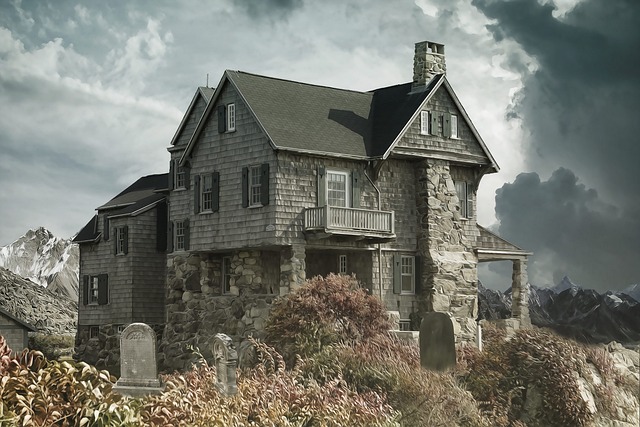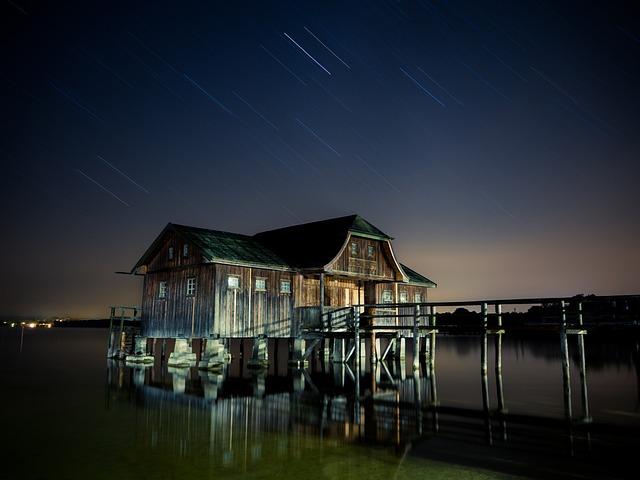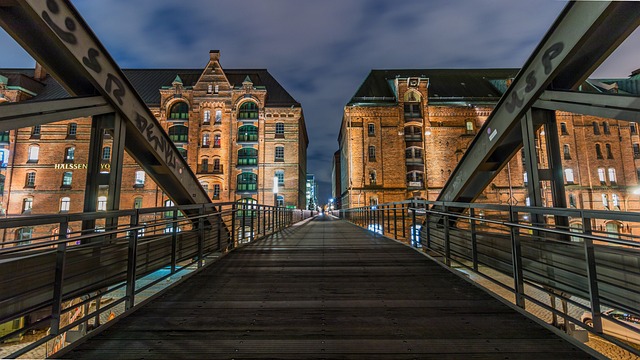Community design, driven by real estate developers, is a key strategy for strengthening social support and neighborhood interactions. Well-planned developments with shared spaces like parks and community centers encourage resident connections. Urban planning principles ensure strategic placement of facilities, promoting face-to-face interactions crucial for strong social networks. Ultimately, designed communities create environments where residents feel welcomed, engaged, and supported by their neighbors, enhancing overall well-being through vibrant, supportive neighborhoods.
In today’s fast-paced world, a strong community atmosphere can revolutionize how individuals access social support. This article delves into the intricate relationship between community design and social well-being, focusing on real estate as a catalyst for fostering connections. We explore strategies that developers can employ to enhance social interactions, ultimately improving residents’ overall satisfaction. By examining the impact of community ambiance, we uncover ways to cultivate supportive networks, highlighting the significant role of real estate in building vibrant, inclusive neighborhoods.
The Role of Community Design in Social Support Systems

Community design plays a pivotal role in fostering social support systems, acting as the cornerstone for robust neighborhood interactions. Well-designed real estate developments that prioritize shared spaces and amenable layouts encourage residents to interact, fostering a sense of belonging and camaraderie. These communal areas, such as parks, community centers, or shared gardens, serve as gathering places where people can connect, build relationships, and offer mutual aid.
Incorporating principles from urban planning and real estate into the fabric of communities ensures that social connections thrive. Strategic placement of facilities and thoughtful consideration of accessibility encourage face-to-face interactions, which are essential for building strong social support networks. A well-designed community isn’t just about physical structures; it’s about creating an environment where residents feel welcomed, engaged, and supported by their neighbors.
Building Social Connections: Strategies for Real Estate Developers

In today’s fast-paced world, real estate developers play a pivotal role in shaping communities that foster social connections and support. To create vibrant neighborhoods, developers can implement several strategies. One effective approach is designing mixed-use developments that include residential, commercial, and recreational spaces. This diverse mix encourages residents to interact, fostering natural social interactions and community bonding. Additionally, incorporating shared amenities like community gardens, parks, and communal gathering areas provides opportunities for residents to connect, collaborate, and build strong relationships.
Furthermore, real estate developers can organize and host regular events tailored to different demographics within the community. These could range from family-oriented activities to senior citizen socials, ensuring diverse groups have dedicated spaces and occasions to interact. By creating an environment that encourages face-to-face connections, developers can significantly enhance the sense of belonging and overall well-being among residents, making their communities more desirable and supportive.
Enhancing Well-being: How Community Atmosphere Impacts Social Support Networks

In the realm of real estate, creating a community atmosphere isn’t just about selling properties; it’s about fostering well-being and strengthening social support networks. A vibrant community feels like home, encouraging residents to connect and engage with one another. This sense of belonging significantly enhances overall well-being. When people feel welcomed, supported, and integrated into their neighborhood, they’re more likely to form strong social ties, offering emotional comfort and practical assistance during life’s ups and downs.
The community atmosphere plays a pivotal role in shaping these support networks. Shared public spaces, organized events, and resident engagement programs facilitate interactions, fostering a sense of unity. In today’s fast-paced world, where many struggle with feelings of isolation, a supportive community environment becomes even more crucial. Real estate developers and local leaders who prioritize building such atmospheres contribute to happier, healthier residents, creating a positive feedback loop that benefits the entire neighborhood.






